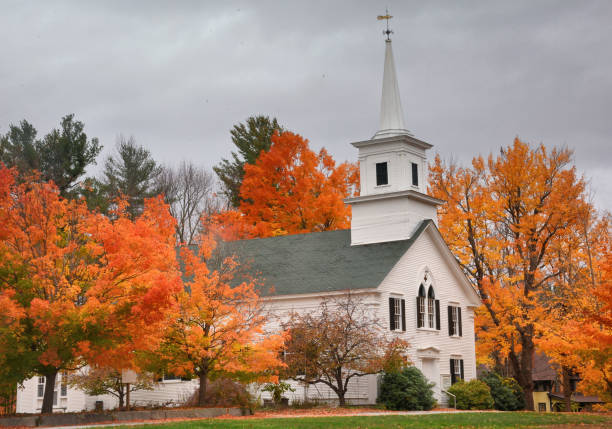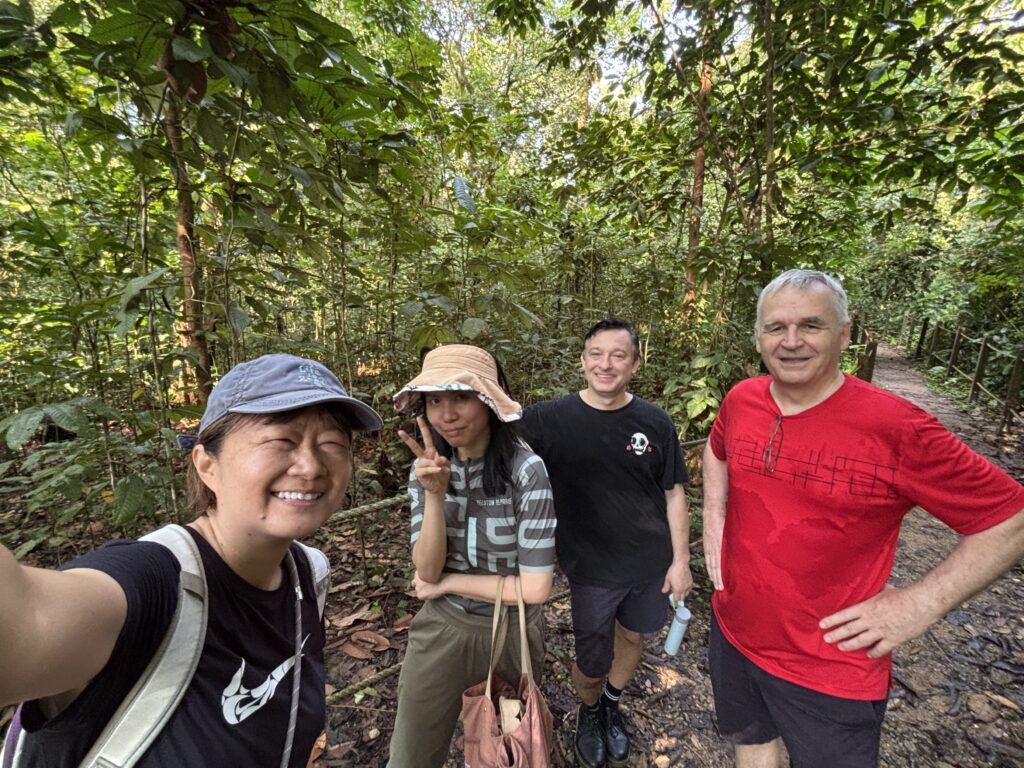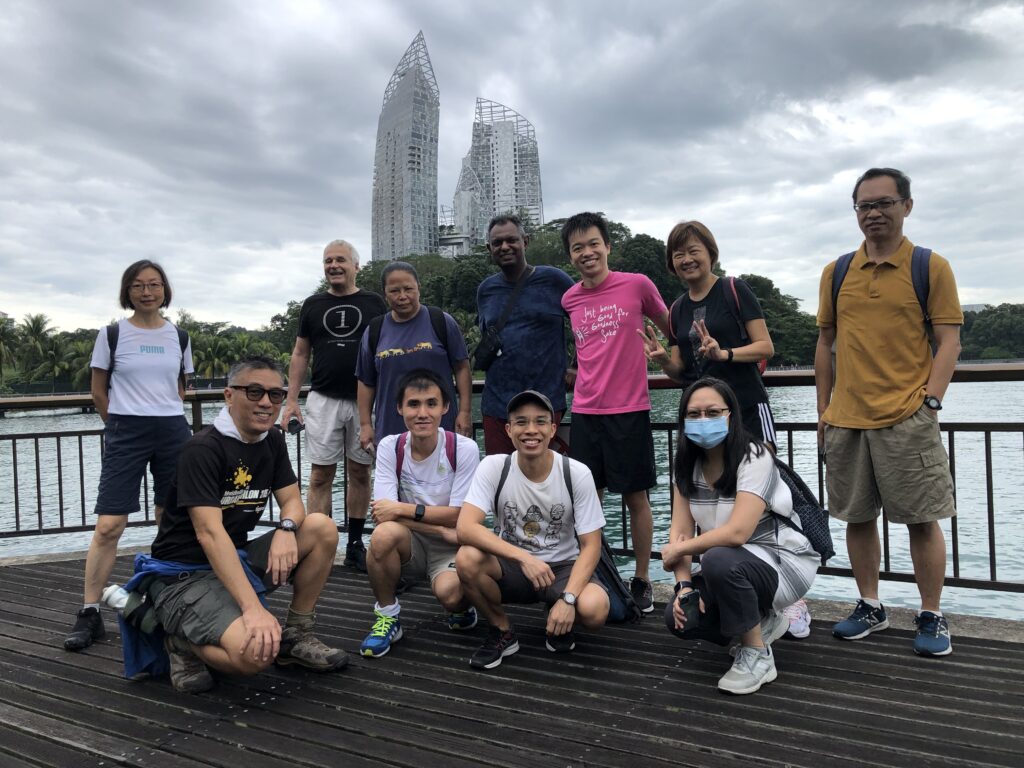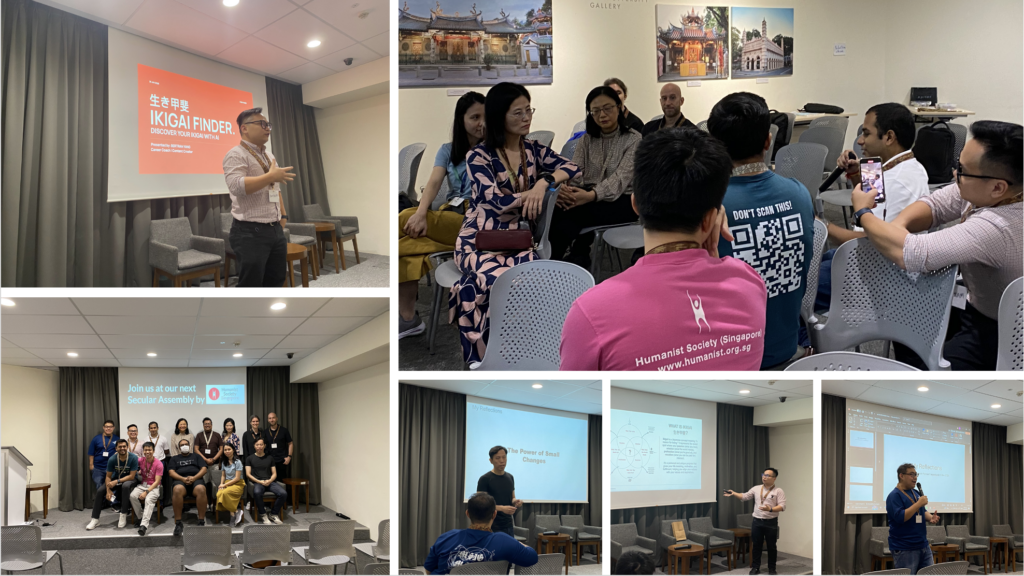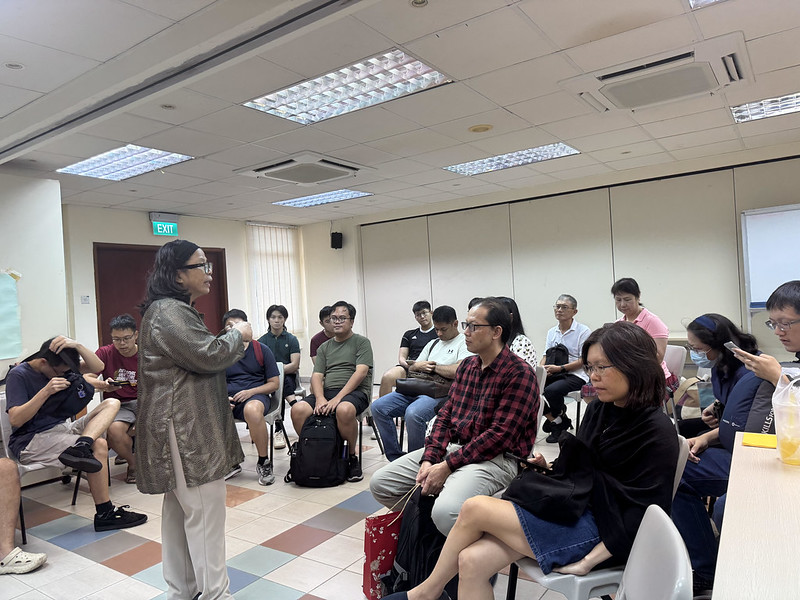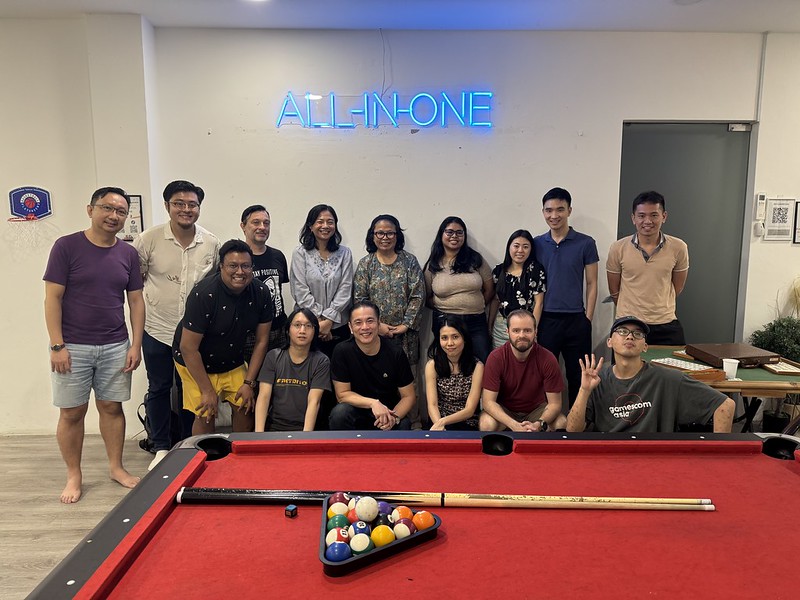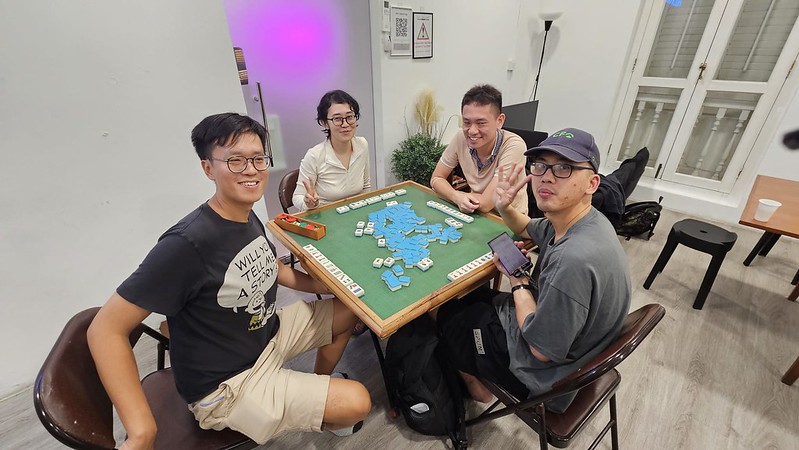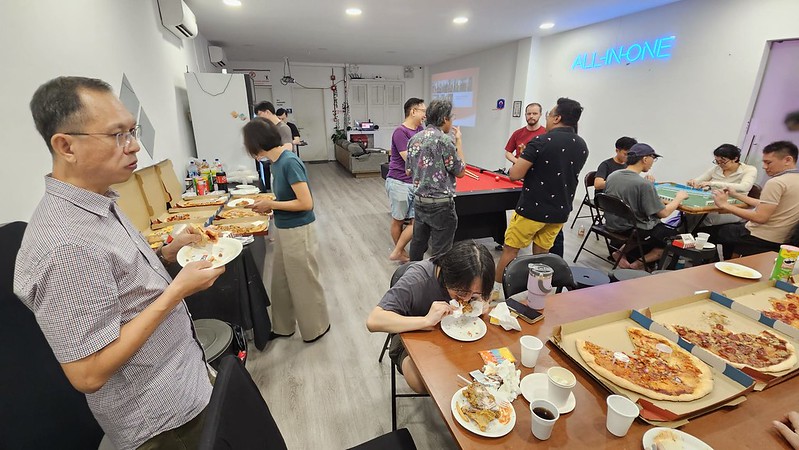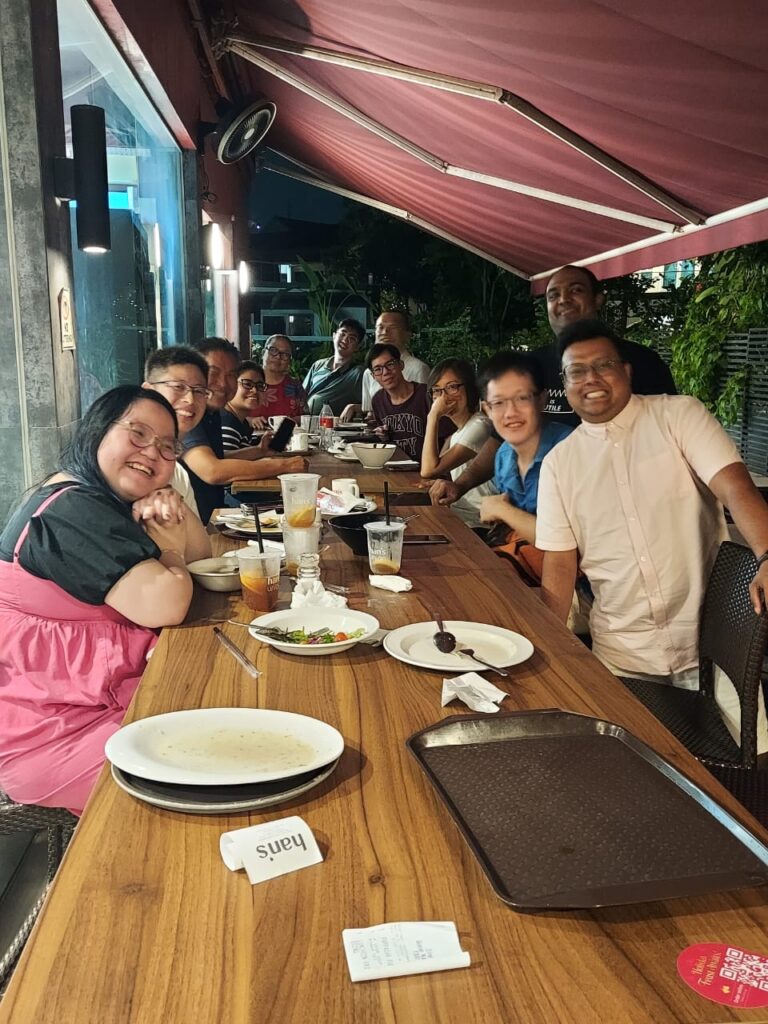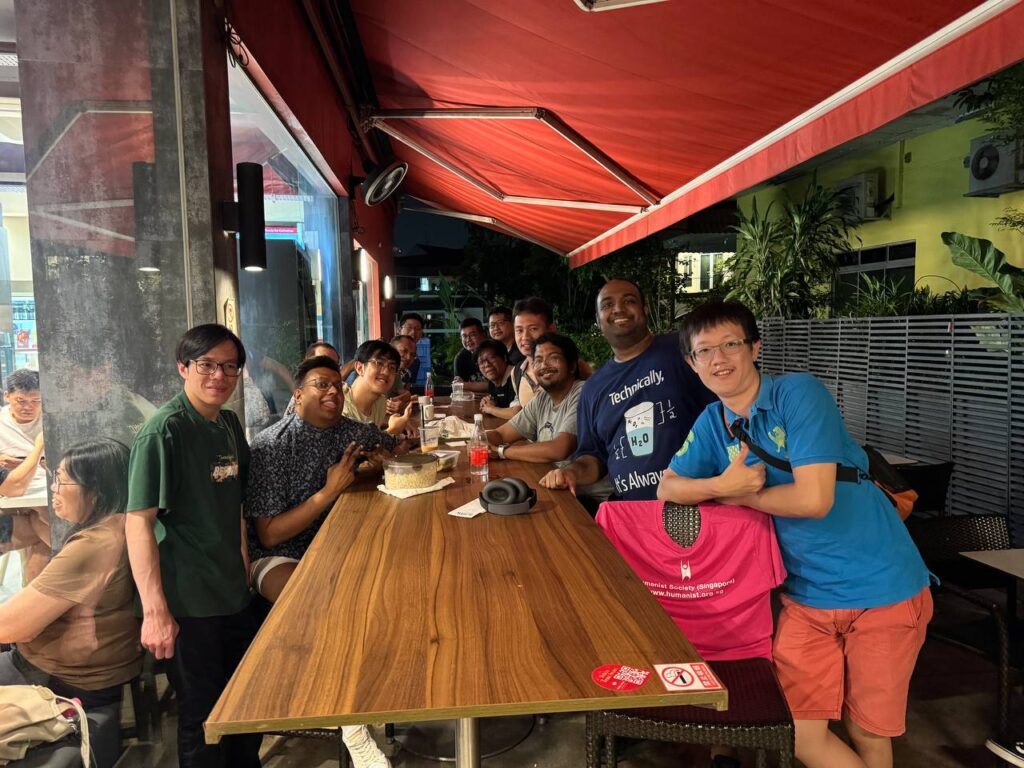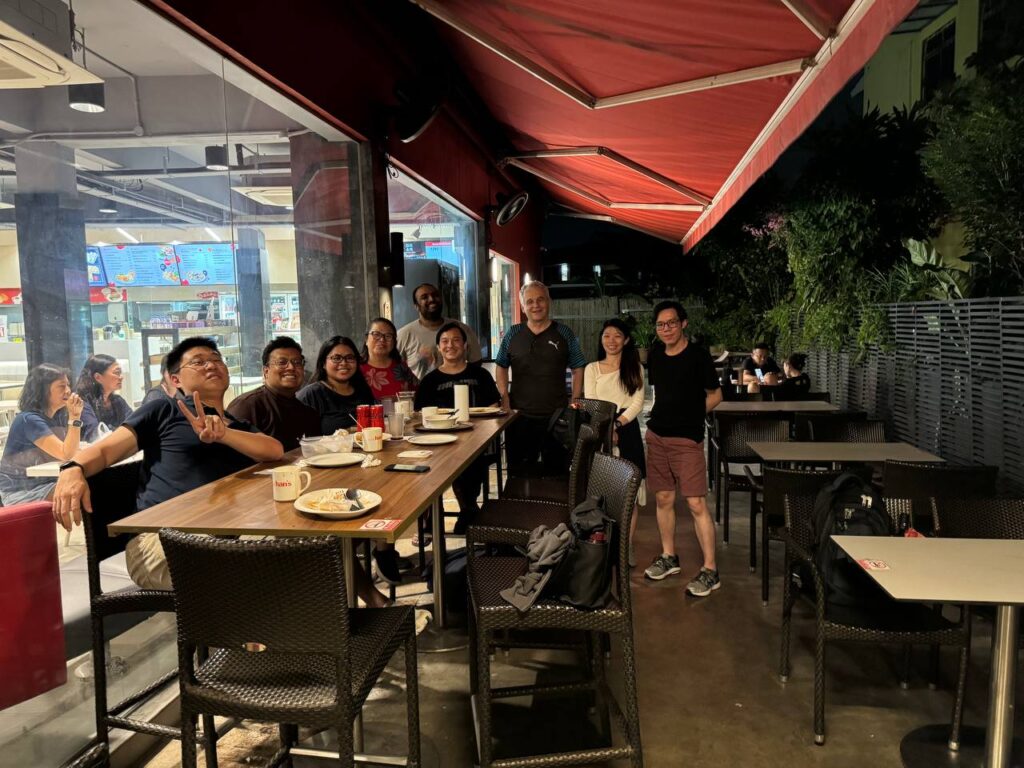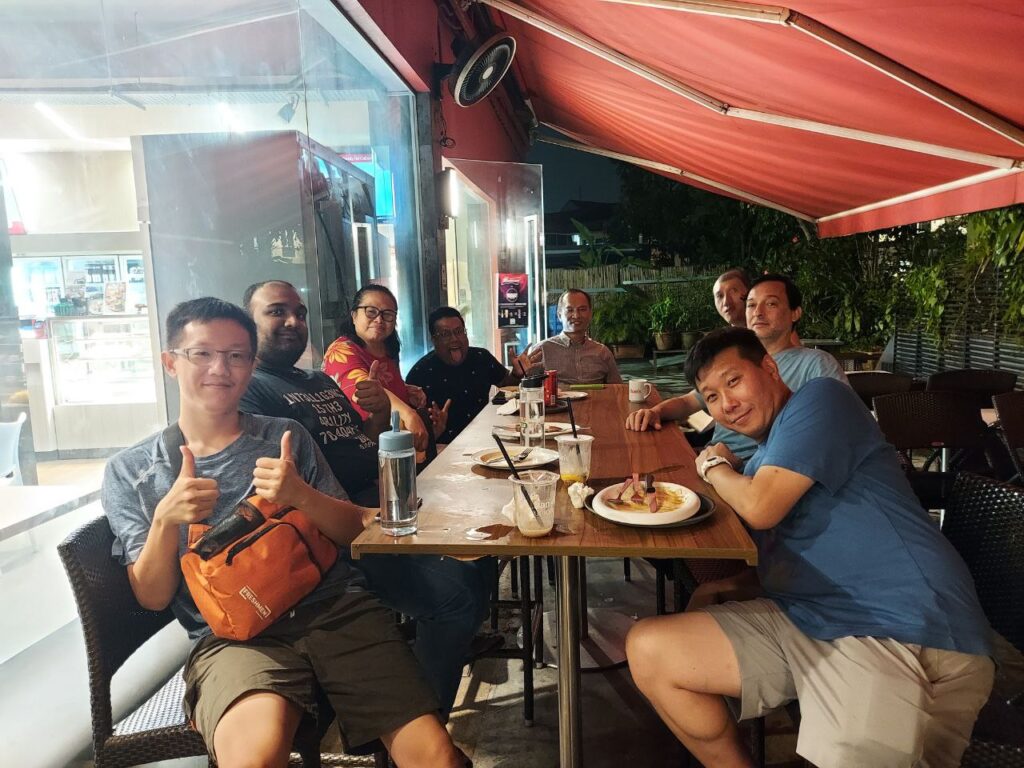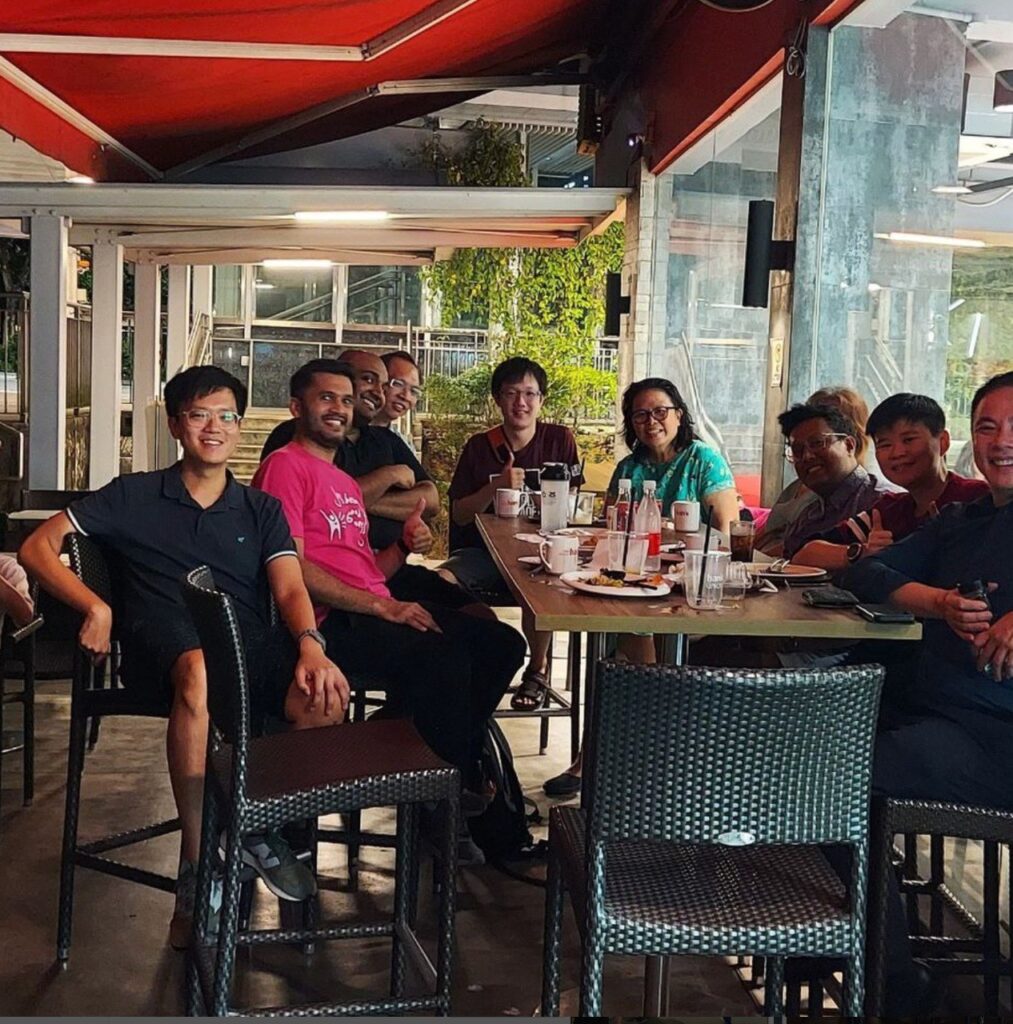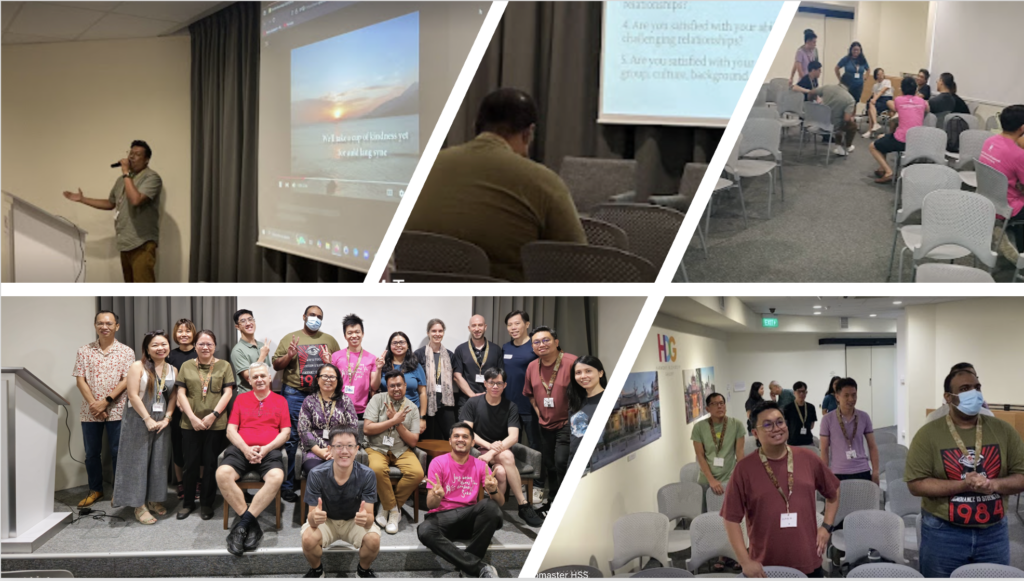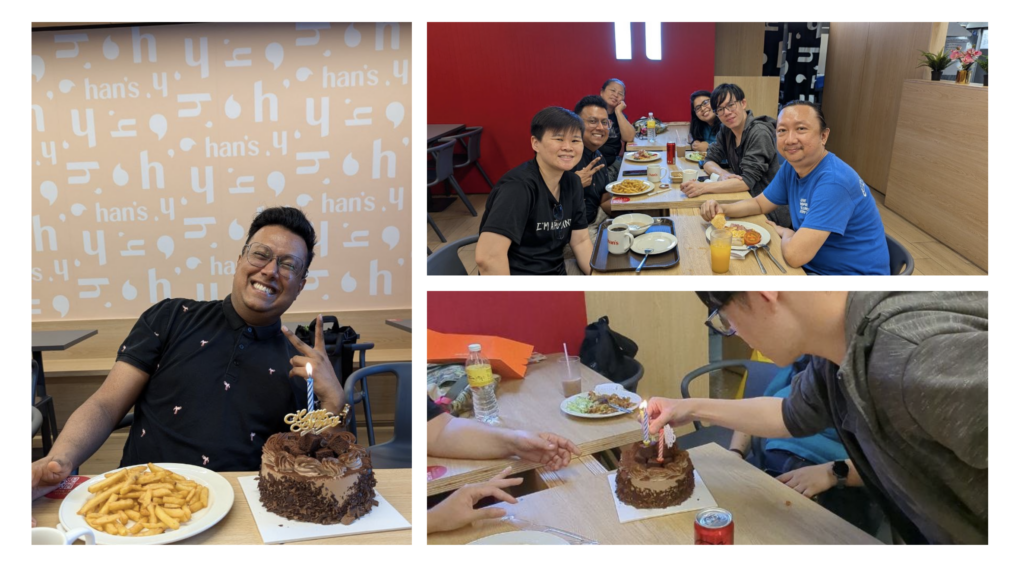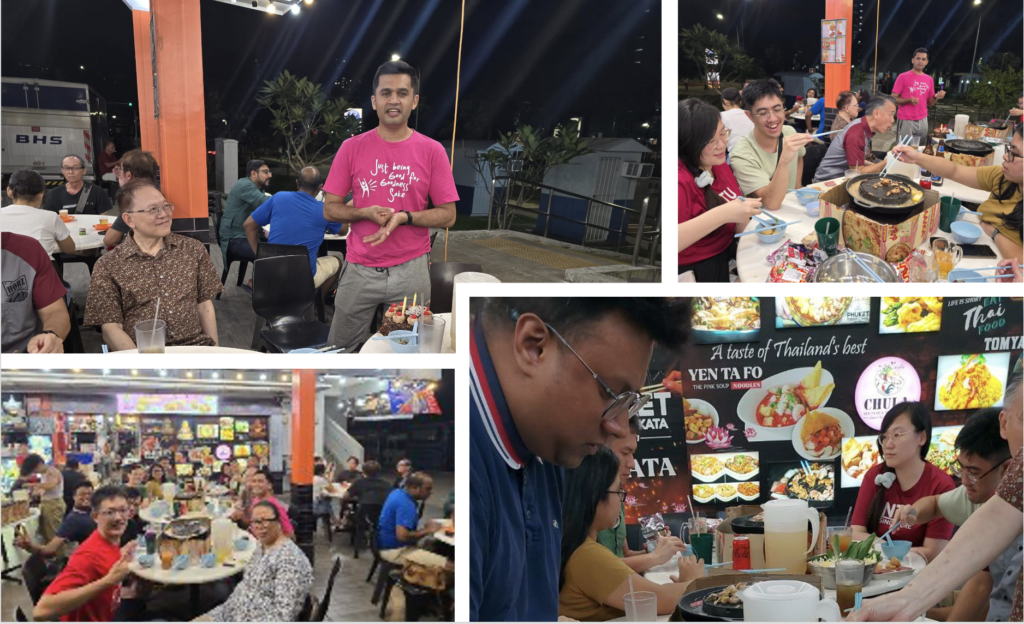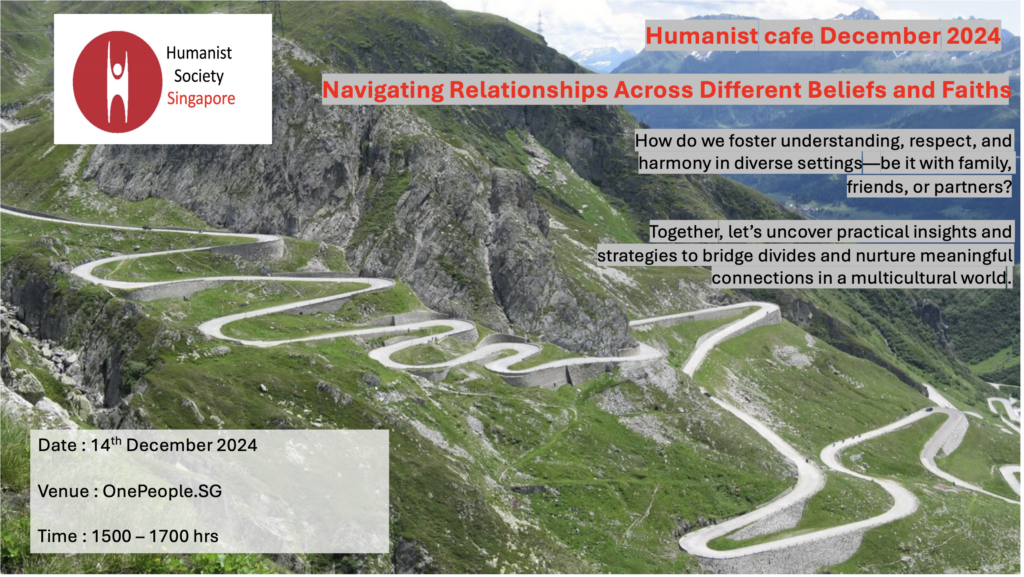The following articles were written following the International Humanist Conference 2024, hosted by the Humanist Society (Singapore) from 30 Aug to 1 Sep 2024.
- Czech Republic: Jiří Müller on a Global Humanists Experience in Singapore
“One of the big takeaways was how much research and how many projects exist related to secularism and interfaith harmony. It often seems like atheism and secularism are not interesting topics for study, as religious scholars tend to focus on new ways of understanding spirituality and religiosity. But at this conference, I saw excellent speakers presenting fascinating research on secularism and interfaith projects and sharing real-life experiences. They offered practical, perhaps diplomatic, approaches to handling interfaith projects.”
“Singaporeans are lovely people, especially older people. For some reason, I connect more with older people because I’m always seeking wisdom from those more experienced than me. I had great conversations with Nora and Peter from Humanists International. Nora has been exceptionally kind and helpful, always going out of her way to assist the attendees. Peter, in particular, was very interested in Ghana and how things are going here. I had many enjoyable conversations with both of them. I also met another remarkable woman, Gerda. It’s quite impressive how we are not alone in our activism. Even though we may have different experiences, the underlying principles—equity, empathy, and so on—remain the same. I enjoyed that aspect of my interactions with everyone.”
- Philippines: Empathy is a superpower: Recap of IHC 2024
“Humanist Society (Singapore) did a fantastic job hosting the dozens of delegates who came by preparing six enlightening talks surrounding Interfaith Dialogue and tapping the Ministry of Home Affairs to give us three tours tackling the history of the city’s social diversity. The Society also gave us plenty of time to mingle and befriend one another during several social nights, which my extroverted side (trust me, it’s usually not that active) appreciated!”
“I met people from the Humanist Society (Singapore) without knowing they were staff or in leadership positions. Just meeting them as members of the tour was amazing to me. I emphasize relationality, one of the main frameworks I’m constantly trying to embody, practice, and center in my work and life.
The Humanist Society (Singapore) curated various tours from various organizations. They were ushering us into a world that isn’t my own and listening to how they frame their histories. They live in a relatively young society, yet the design, intentionality, and work that went into building what they have is impressive. That speaks to human creativity and capacity—what can be achieved in what some might call a modern world.
That leads me to the Humanist Society (Singapore) itself. We were able to come in and see the work they’ve done and are still doing, especially in collaboration with Humanists International, to put together this international conference. I’m still reflecting on and cherishing that in my work here and in conversations with peers.”
It was refreshing to be on the road again and to reconnect with fellow humanist friends. The experience may not have been as new or surprising to me as it was for others. Still, I did appreciate the warm Singaporean welcome, generous hospitality, and positive, energetic way of speaking. The honesty in how Malaysians and Singaporeans express themselves resonates with me. The welcome from the humanist community in Singapore was fantastic.
In the lead-up to the conference, there were some concerns about government oversight, surveillance, and their interest in our activities—particularly about speaker visas—which might have conflicted with the human rights values held by many of us. While some concerns did come up, they didn’t overshadow the event. The immigration process was smooth, and the friendliness and dedication of the people immediately struck me.
As for my takeaway, I was particularly pleased that interfaith dialogue and harmony were central themes at this conference. The International Humanist Conference (hosted by Humanists Society Singapore) and the Humanists International General Assembly took place over the long weekend. Interfaith dialogue is a significant aspect of my Humanism and is why I joined the humanist movement. I am a humanist ambassador, someone who engages in dialogue with other faiths and beliefs rather than being inward-looking. Singapore embodies that spirit, and I left with renewed motivation and inspiration to continue my interfaith work. That message truly resonated with me.
“It was quite an experience. It was the first time we hosted such a large conference. We’ve had events like the Asian Humanist Conference, but that was on a smaller scale. That event was back in 2015 and lasted only a few days. But when we bid to host this event, we had our doubts. However, everyone on the committee unanimously said, “Let’s go for it.”
If other countries like Australia and New Zealand can do it, why not us? So, we took the opportunity and won the bid. Initially, it wasn’t very comforting because it was such a challenge. But we eventually came together as a team, and everyone played their part.
For the first time, people from all different countries came together. It was overwhelming, exciting, and yet nerve-wracking because we didn’t want to disappoint anyone. We wanted to ensure that everyone who came to Singapore would have an unforgettable experience. What we learned from organizing such a big event is invaluable. It was a great experience, and we’re glad we did it. It’s a challenge, but you’ll never know what’s possible if you don’t take that first step.”
“The Humanist Society Singapore, whose motto is: “Guided by reason, informed by evidence, and driven by compassion,” were gracious hosts. They started events on Friday, August 30th, with a guided discussion and tour of the nation’s Harmony in Diversity Gallery, where we learned that Singapore is the most religiously diverse country globally but also sees some of the least religiously motivated conflicts. This is no accident. As their presentation showed, they intentionally create shared pluralistic spaces, encouraging engagement between people of differing beliefs and educating about religion and nonbelief to reduce othering and bring people together positively.”
Other articles




